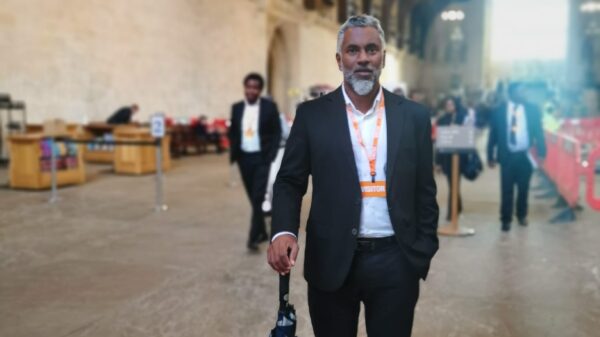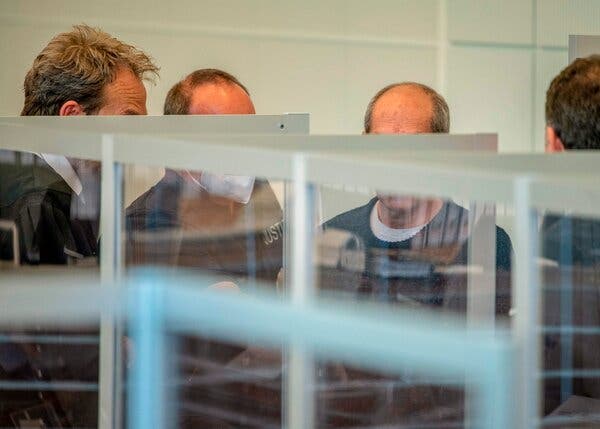Through nearly 11 years of civil war, the Syrian government bombed residential neighborhoods, used poison gas and tortured countless detainees in state lockups, but no high-level officials have been held accountable for these acts, which human rights lawyers describe as war crimes.
That could change on Thursday, when a court in Germany is set to rule in a rare war crimes case against a former Syrian security officer who prosecutors say oversaw systematic torture in a detention center in the Syrian capital, Damascus, nearly a decade ago.
The former officer, Anwar Raslan, is accused of crimes against humanity, and prosecutors are seeking a life sentence. A former colonel in a Syrian intelligence service, Mr. Raslan is accused of overseeing a detention site where at least 4,000 people were tortured and nearly 60 killed.
The verdict marks a watershed moment for an international network of lawyers, human rights activists and Syrian survivors who have struggled to try to bring officials who were involved in the violence to justice.
A guilty verdict for Mr. Raslan, they say, would bolster the ability of European courts to pursue similar cases while letting war criminals know that they could one day face consequences.
“This is the first time that members of the Assad regime have had to stand trial before an ordinary criminal court,” said Stefanie Bock, director of the International Research and Documentation Center for War Crimes Trials at the University of Marburg in Germany. “This sends a clear message to the world that certain crimes will not go unpunished.”
But while Mr. Raslan held a high rank in the security services, he was more of a cog than a pillar in the government of President Bashar al-Assad and its vast apparatus of repression.
After more than a decade of war, Mr. al-Assad remains in power, and there appears little chance that he or his senior advisers or military commanders will stand trial soon. They rarely travel abroad, and only to countries they can count on not to arrest them, like Russia, a staunch supporter of Mr. al-Assad.
Other potential avenues for justice have also been blocked. Syria is not party to the International Criminal Court in The Hague, and Russia and China have used their vetoes on the United Nations Security Council to prevent Syria from being referred to the court.
Germany is among a few European countries that have sought to try former Syrian officials for war crimes based on universal jurisdiction, the principle of international law that says that some crimes are so grave that they can be prosecuted anywhere.
That is how Mr. Raslan ended up on trial in the Higher Regional Court in Koblenz, a small city in western Germany.
Mr. Raslan, 58, oversaw a security office and detention center in Damascus during the early days of the war. He entered Germany as a refugee in 2014 and lived there legally until the German authorities arrested him in 2019.
German prosecutors argued that his position gave him oversight of torture that included beating, kicking, electric shocks and sexual assault. Witnesses in the trial said they were fed inedible food, denied medical care and kept in overcrowded cells.
At least 58 people died because of abuse under Mr. Raslan’s authority, prosecutors said. In a statement to the court, Mr. Raslan denied that he had been involved in torture.
To build their case, prosecutors sought out Syrian survivors, some of whom were detained in the center Mr. Raslan ran, and have since sought refuge in Europe. The trial, for them, was an emotional reckoning, even if many considered it only a first step toward justice.
“Neither Raslan nor another Raslan nor 100 Raslans will achieve full justice after all we’ve been through,” said Fadwa Mahmoud, whose husband disappeared into Syria’s detention system nine years ago.
She was attending Thursday’s hearing, and added that although the trial was important, it was “not enough unless the whole system is totally changed and thousands of other detainees are released and the fate of those disappeared by force is revealed.”

























